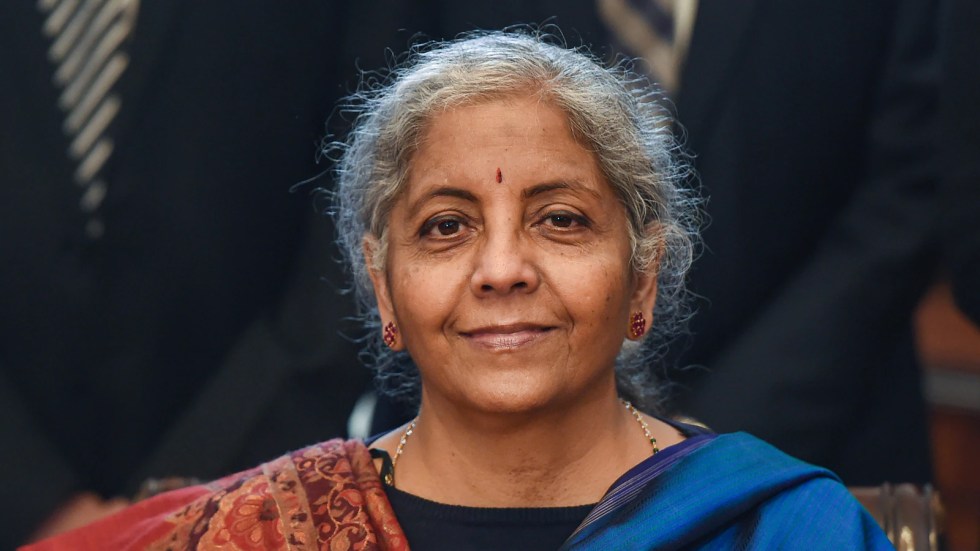Indian Finance Minister Nirmala Sitharaman emphasized during a series of events held in Bengaluru, India, the importance of having a global consensus for regulating cryptocurrencies.
Sitharaman is of the opinion that a universal consensus is essential to regulate private digital assets effectively while still allowing the use of digital assets to operate freely.
In India, crypto assets still remain unregulated, and the government does not register crypto exchanges. Sitharaman explained that since digital assets are borderless and require international collaboration, any regulation on them would require the consent of every nation.
Additionally, India has included the regulation of digital assets as an agenda item for this year under its G20 presidency. By including this issue on the agenda, India is advocating for global cooperation to establish an effective framework for the regulation of cryptocurrencies.
Sitharaman stated:
No one country individually, in a matter of technology-driven, crypto assets, can effectively control it, because technology doesn’t have any borders, it can just pass through. So the very character of it being technology driven requires all countries to be on board, or else it will not be effective.
The Minister made it clear that this did not imply controlling “distributed ledger technology.”
Impact Of Crypto On Macroeconomic Stability: IMF
The underlying principle is, because digital currencies are completely digitalized and technology-driven, the technology is very distributed, and sometimes identity is very difficult to be established, but it has potential, it will therefore have to be acted upon only with all countries coming on board.
Recognizing the risks attached to the private virtual assets, G20 nations moved a step closer to developing a coordinated and comprehensive policy approach to deal with the crypto assets by considering macroeconomic and regulatory perspectives.
